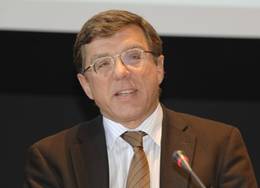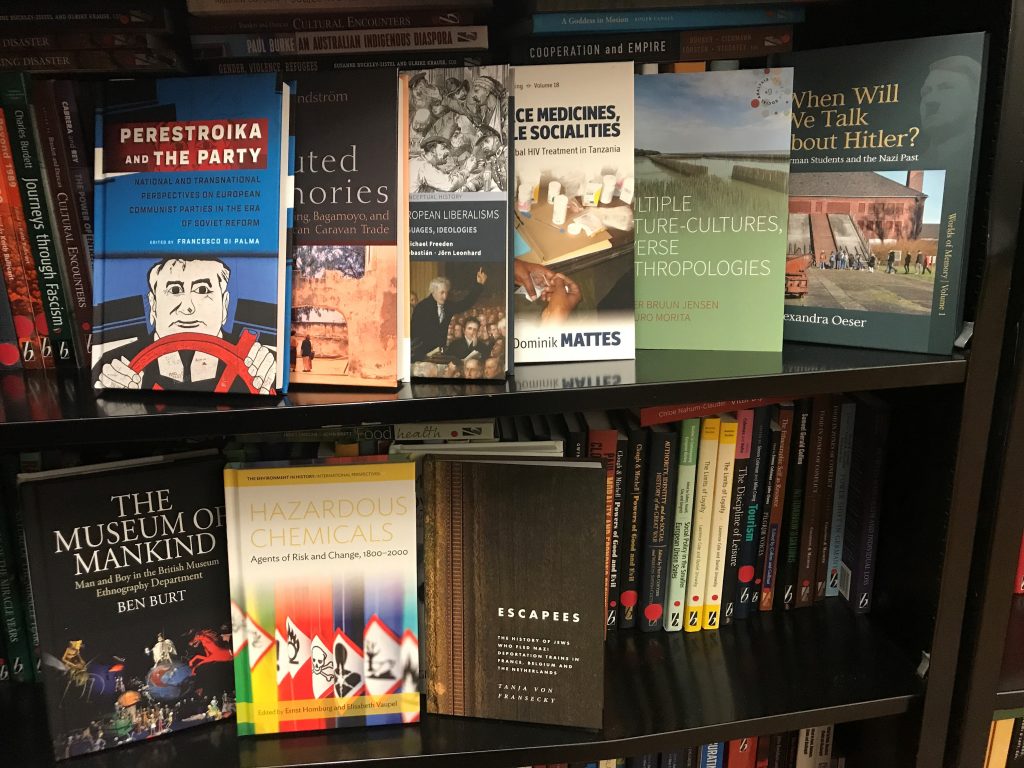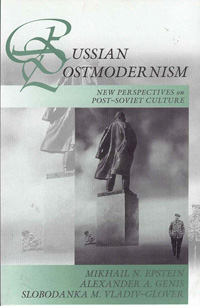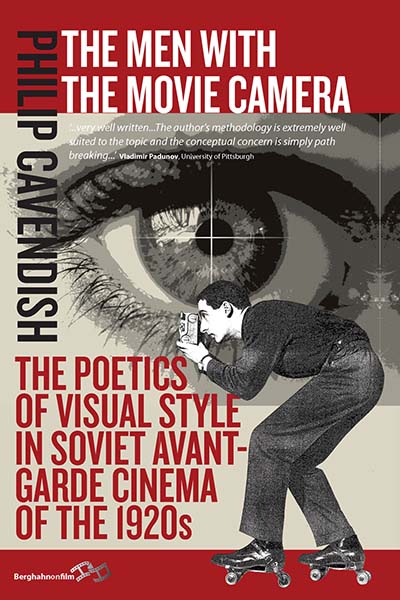In the early morning hours of April 26, 1986 there was a nuclear accident at one of the reactors in the Chernobyl Nuclear Power Plant, located near the city of Pripyat, in the north of the Ukrainian SSR in the Soviet Union, creating what many consider to be the worst disaster in the history of nuclear power generation. The accident caused the largest uncontrolled radioactive release into the environment ever recorded. Even after so many years of scientific research and investigations the questions about Chernobyl’s long-term health effects to the general population and environmental impact remain unanswered. To learn more please visit https://world-nuclear.org/
Continue reading “Remembering the Chernobyl Disaster”Tag: soviet union
Author news: Ulrich Herbert is Gerda Henkel Visiting Professor 2019/20

The German Historical Institute London (GHIL), the International History Department of the London School of Economics and Political Science (LSE), and the Gerda Henkel Foundation in Düsseldorf have appointed Berghahn author Ulrich Herbert to the position of Gerda Henkel Visiting Professor 2019/20. He will give his inaugural lecture on December 10th, 2019 at the German Historical Institute (see the GHIL website for more information).
Continue reading “Author news: Ulrich Herbert is Gerda Henkel Visiting Professor 2019/20”SIMULATED SHELVES

BROWSE THIS MONTH’S NEW BOOKS & JOURNALS
We’re delighted to offer a selection of latest releases from our core subjects of Anthropology, Environmental Studies, History, and Museum Studies along with our new in paperback titles and new Berghahn journal issues published in August.
Continue reading “SIMULATED SHELVES”Resurrecting Figures of Soviet Cinema History
This excerpt was adapted from The Men with the Movie Camera The Poetics of Visual Style in Soviet Avant-Garde Cinema of the 1920s by Philip Cavendish, now available in paperback.
Continue reading “Resurrecting Figures of Soviet Cinema History”
Today in History
Vladimir Ilyich Ulyanov, alias Lenin (Russian: Ле́нин) died of a brain hemorrhage on January 21st, 1924 at the age of 54. Lenin was one of the Russian leading political figures and revolutionary thinkers of the 20th century. He masterminded the Bolshevik take-over of power in Russia in 1917 serving as head of government of the Russian Soviet Federative Socialist Republic, and of the Soviet Union from 1922 until his death. Under his administration, the Russian Empire was replaced by the Soviet Union and all wealth including land, industry and business was nationalized.
Lenin had a significant influence not only on the history of Russia but on the international Communist movement and was one of the most influential and controversial figures of the 20th century. Following the dissolution of the USSR in 1991, reverence for Lenin declined among the post-Soviet generations, yet he remains an important historical figure for the Soviet-era generations.
———————————————————————————————————————————–
Berghahn Books presents a selection of titles on Russian & Soviet history and culture:
 Forthcoming in Paperback!
Forthcoming in Paperback!
RUSSIAN POSTMODERNISM
New Perspectives on Post-Soviet Culture
Mikhail N. Epstein, Alexander A. Genis, and Slobodanka M. Vladiv-Glover
With an Introduction by Thomas Epstein

